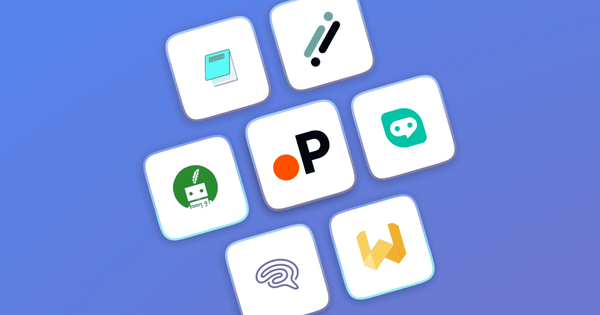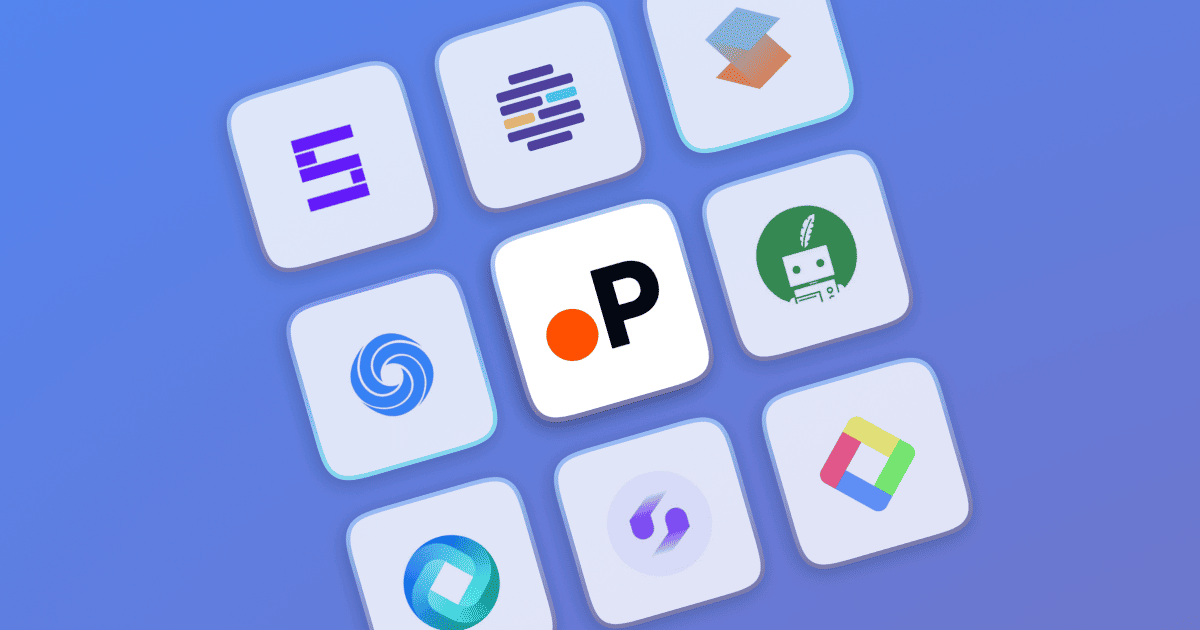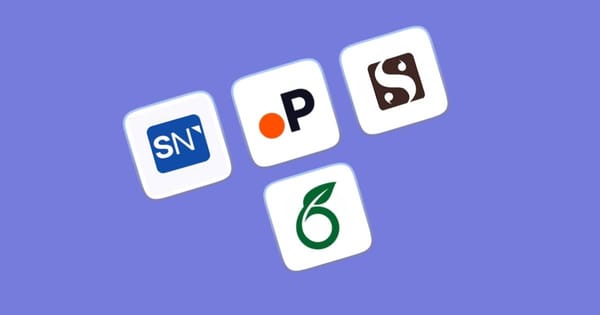Best Google Scholar Alternatives in 2026
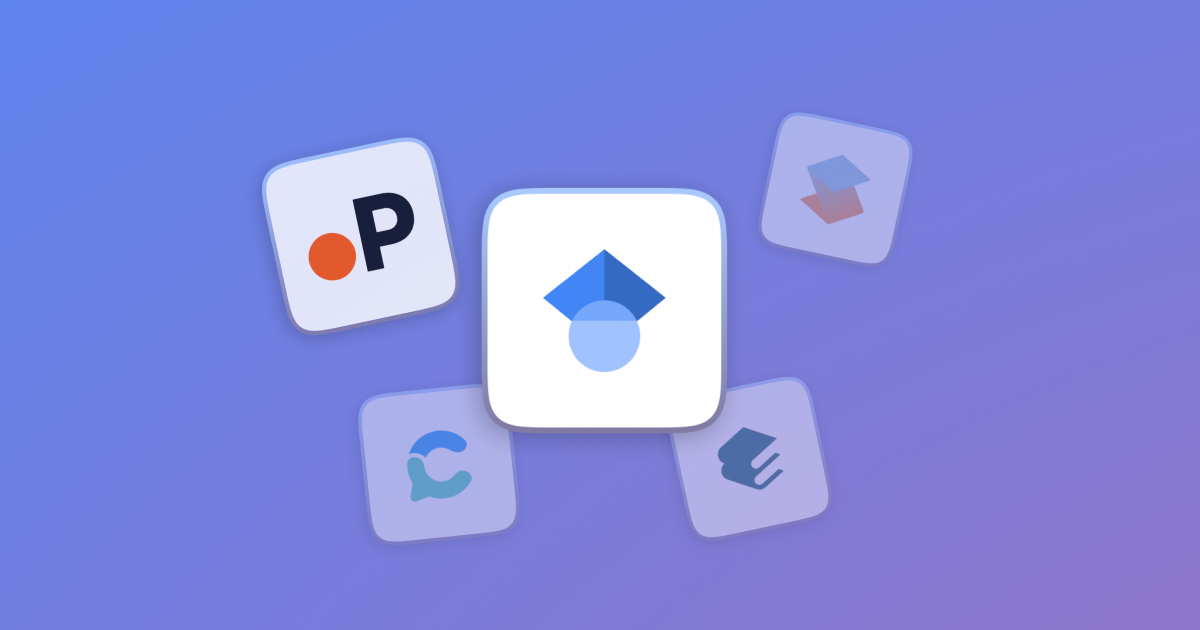
Are you tired of basic keyword searches and limited features when looking for research papers in 2026? While Google Scholar has long been a go-to tool for academics, today’s researchers need more advanced capabilities to streamline their work.
In 2026, researchers increasingly prefer AI-powered research platforms that go beyond simple keyword search to deliver context-aware, citation-backed academic insights, making it easier to discover, analyze, and synthesize research at scale.
The Challenge of Finding Research Papers
Finding the right research papers is often the first hurdle in any academic project. Whether you're working on a literature review, thesis, or research paper, you need tools that can:
- Quickly locate relevant papers
- Help evaluate paper quality
- Extract key information efficiently
- Organize your findings effectively
What is Google Scholar?
Google Scholar is a free academic search engine that indexes scholarly literature. It offers basic keyword-based search functionality and citation tracking, along with a simple library feature for saving papers.
Google Scholar's Key Features
- Basic keyword and question-based search
- Citation metrics and tracking
- Simple collection library for saved papers
- Basic citation export options
- Free access
Limitations of Google Scholar
- Limited to basic keyword matching
- No semantic search capabilities
- Basic organization features
- No quality assessment tools
- Lacks AI analysis features
- No collaboration tools
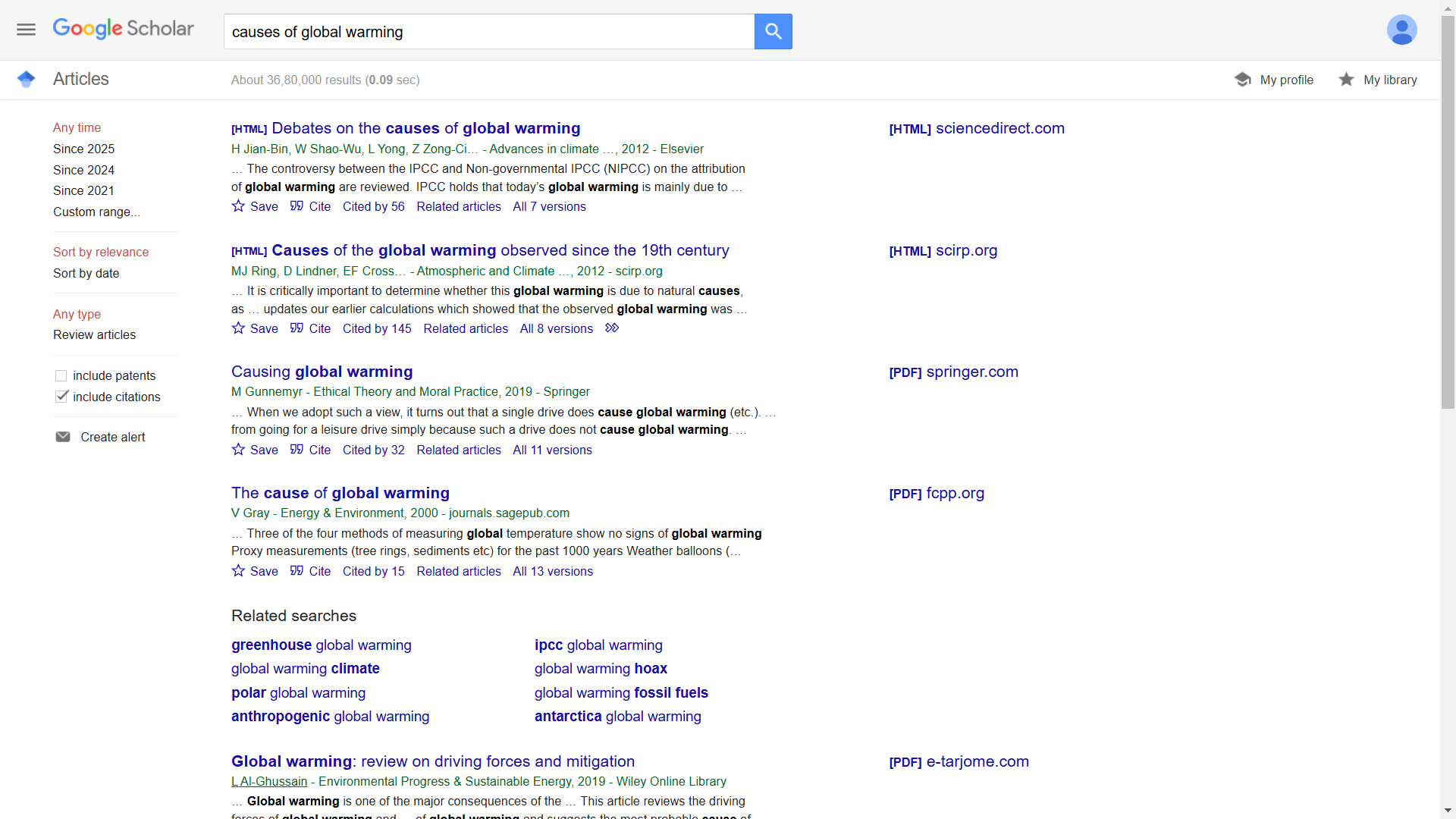
Top Google Scholar Alternatives for Research Paper Discovery
1. Paperguide: Advanced AI-Powered Paper Discovery
Paperguide is a research tool that uses AI to help you find academic papers more effectively. Instead of just matching keywords like regular search engines, it understands what you're actually trying to research.
For example, if you search "What are the long-term effects of mindfulness meditation on stress?", it finds relevant papers even if they use different words to discuss the same topic.
The tool's main strength is its ability to combine information from multiple papers at once. Instead of reading many papers yourself, Paperguide analyzes them and gives you a clear summary. Paperguide's AI also checks the quality of research papers automatically. It uses SJR rankings and citation numbers to find the most reliable sources. When you search for topics like "artificial intelligence in healthcare diagnostics," it picks high-quality studies with solid research methods. This helps you avoid less reliable papers and saves time in finding trustworthy sources for your research.
Key Features
- Advanced AI-powered semantic search that understands your research questions
- Clear, detailed answers from the top relevant papers
- Journal impact rankings (SJR) and citation metrics
- AI evaluates research papers to classify their methodology
- Integration with Semantic Scholar database
- Multi-language support
- Share search findings with your colleagues seamlessly
- Export papers from your search findings
Other Features
- Reference management with unlimited storage
- Systematic review tools with custom data extraction
- Advanced AI writing assistance for drafting papers
- More comprehensive research workflow support
Limitations:
- Limited to Semantic Scholar database
- No built-in Yes/No model answers
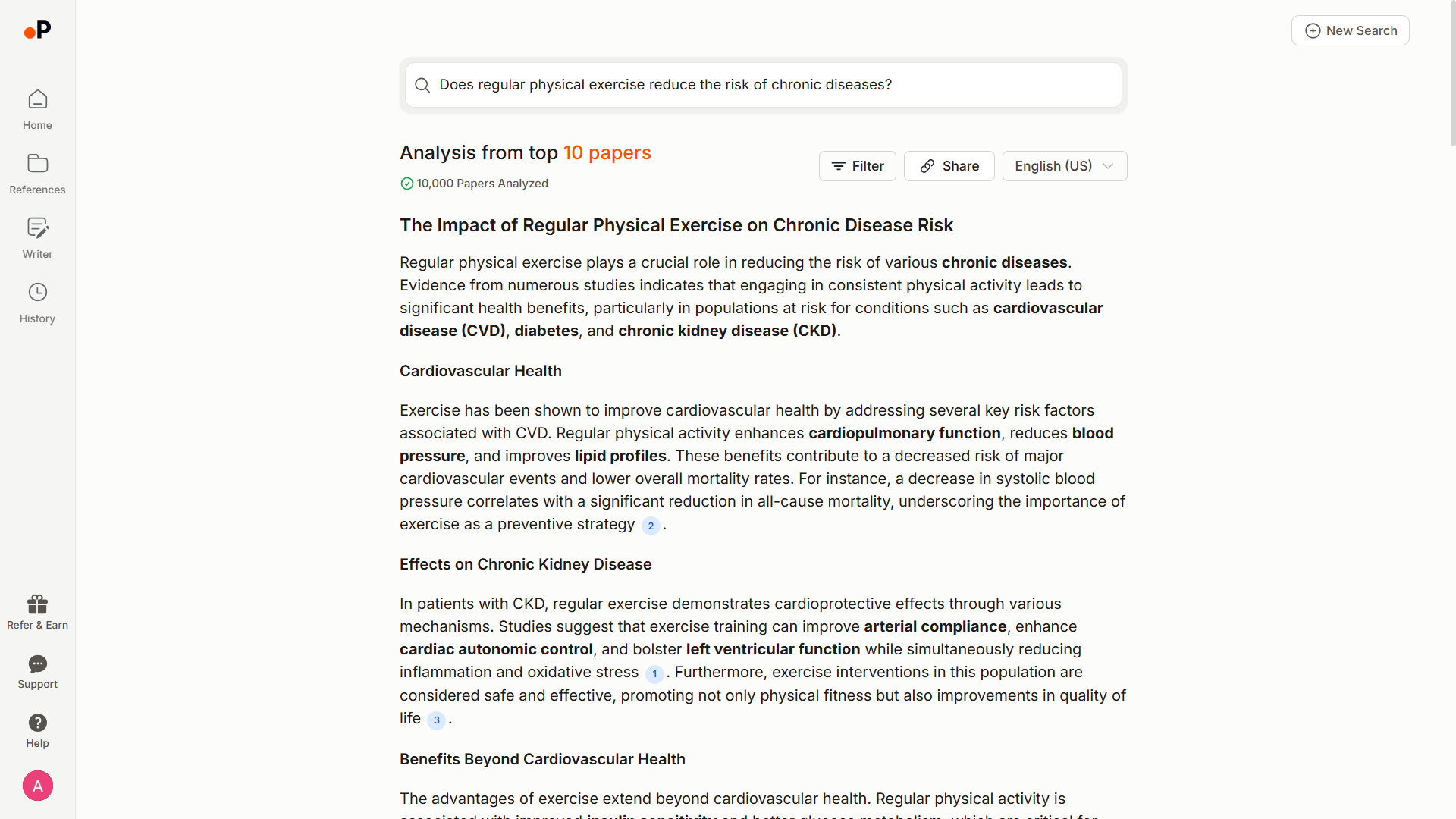
2. Consensus: Focused Paper Discovery
Consensus offers a smarter way to search academic research. While regular search engines give you lists of papers, Consensus reads and understands research papers to answer your specific questions. For example, if you ask "Does caffeine improve athletic performance?", it examines hundreds of studies and provides a clear "Yes" or "No" answer with scientific backing.
What sets Consensus apart is how it processes research papers. It goes beyond basic keyword matching by reading papers like a human researcher would. The platform pulls out important statistics, finds conflicting evidence, and shows you a complete picture of what researchers have discovered about your topic.
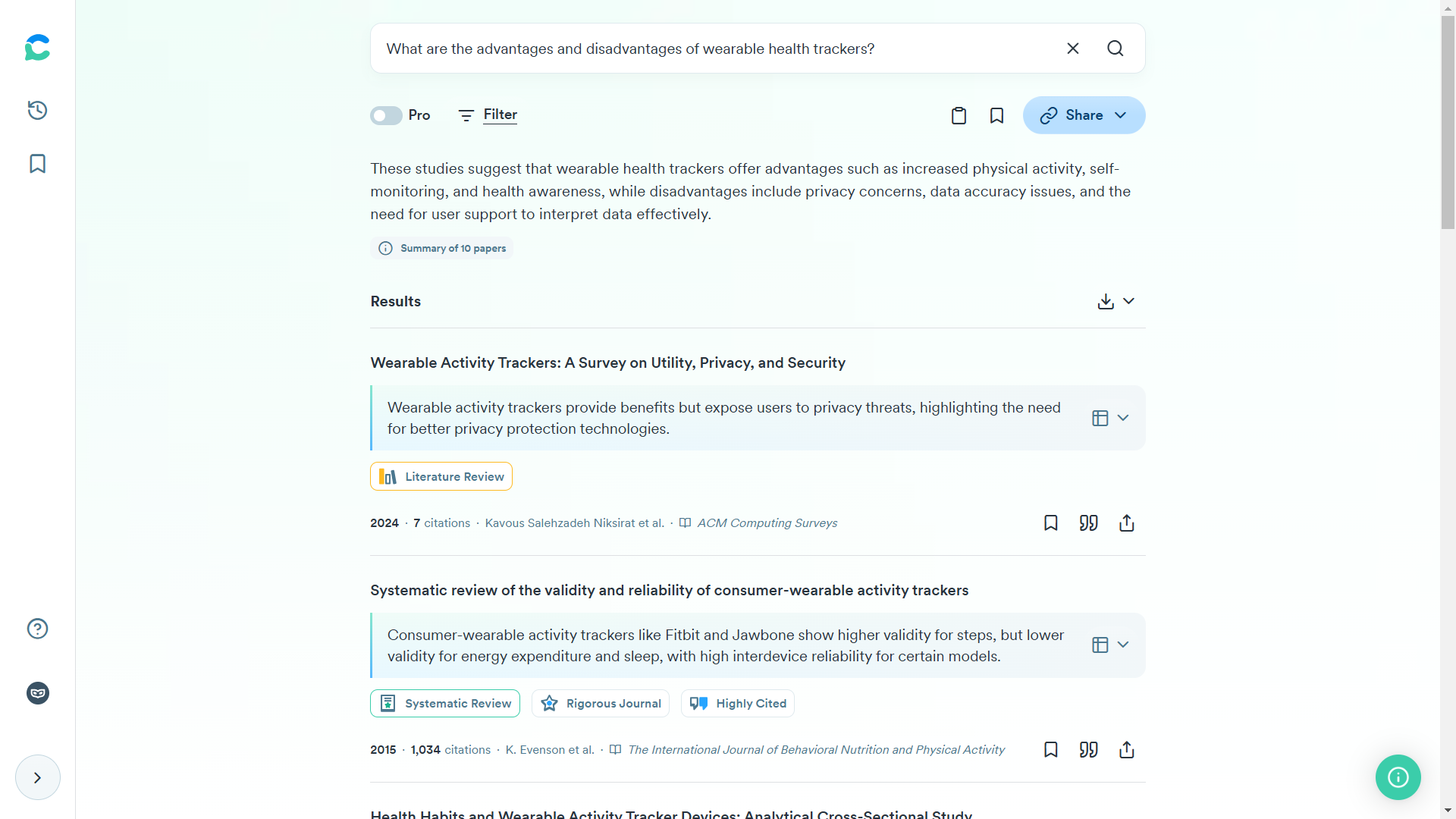
Key Features
- AI-powered search capabilities
- Yes/No model answers for research questions
- SJR rankings and SciScore metrics
Limitations
- Limited to paper discovery
- No reference management
- English-only support
3. SciSpace: Literature Review Focus
SciSpace combines paper search and literature review into one streamlined process. Instead of searching for papers separately, you can find and organize research materials in a single workflow. This design helps you build your literature review as you discover new papers.
What sets SciSpace apart is how it finds papers based on research methods. The platform examines how studies were conducted, making it easier to find papers that use similar research approaches to yours. This feature is especially useful when working on systematic reviews or meta-analyses.
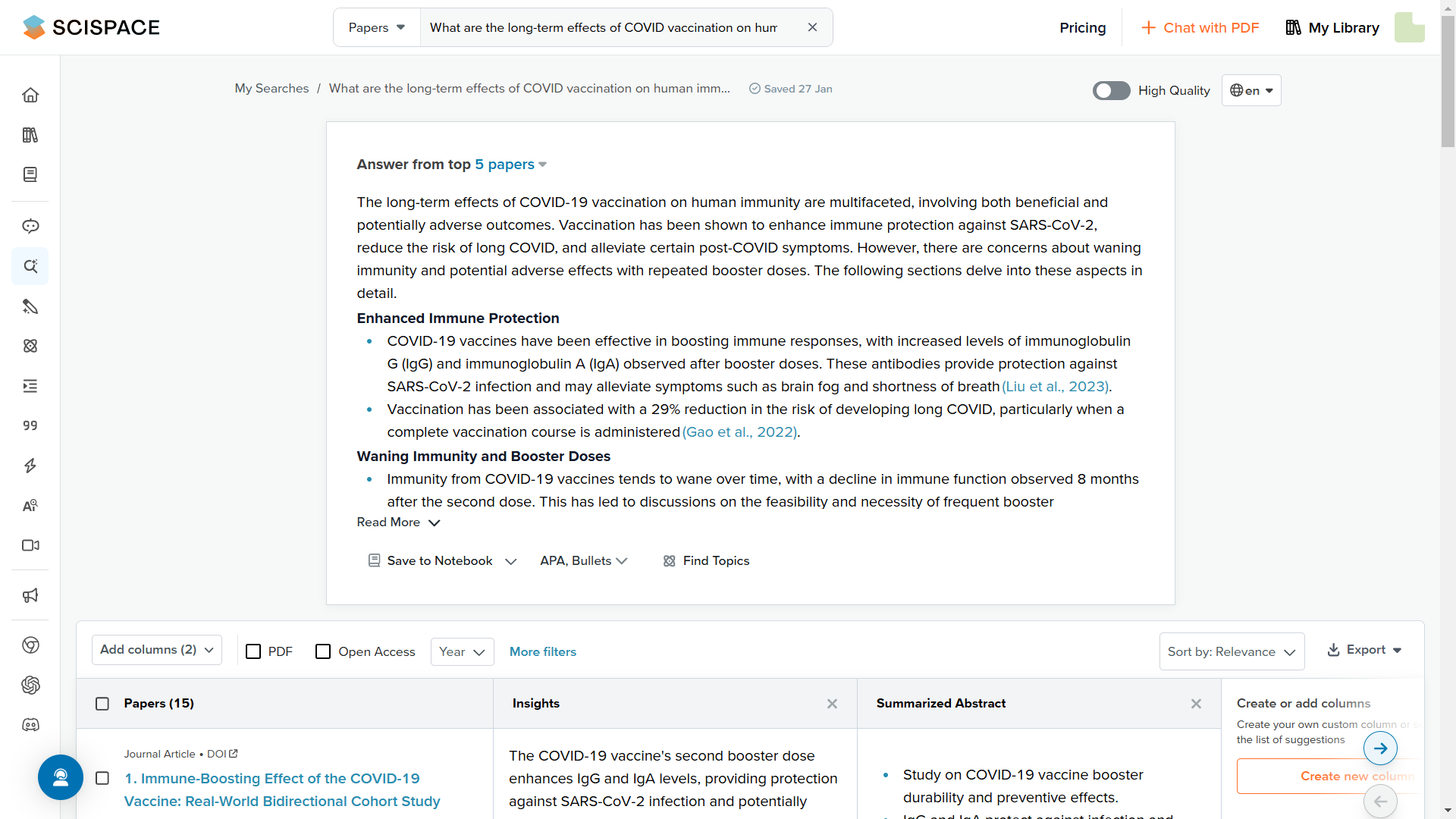
Key Features:
- Literature review interface with custom templates
- Integration with Semantic Scholar and Open Alex
- Export options for your findings
Limitations:
- No dedicated AI search feature
- Cannot filter search results by methodology
- No quality assessment tools
- Search results don't include citation metrics
4. Elicit: Research Understanding Tool
Elicit takes a unique approach to research by focusing on helping users understand complex topics. It breaks down difficult concepts and shows how different research papers connect to each other.
When you start researching in a new area Elicit helps you map out the key ideas and find the most important papers. It's particularly useful when it shows you how different studies relate to each other and where the evidence is strong or weak.
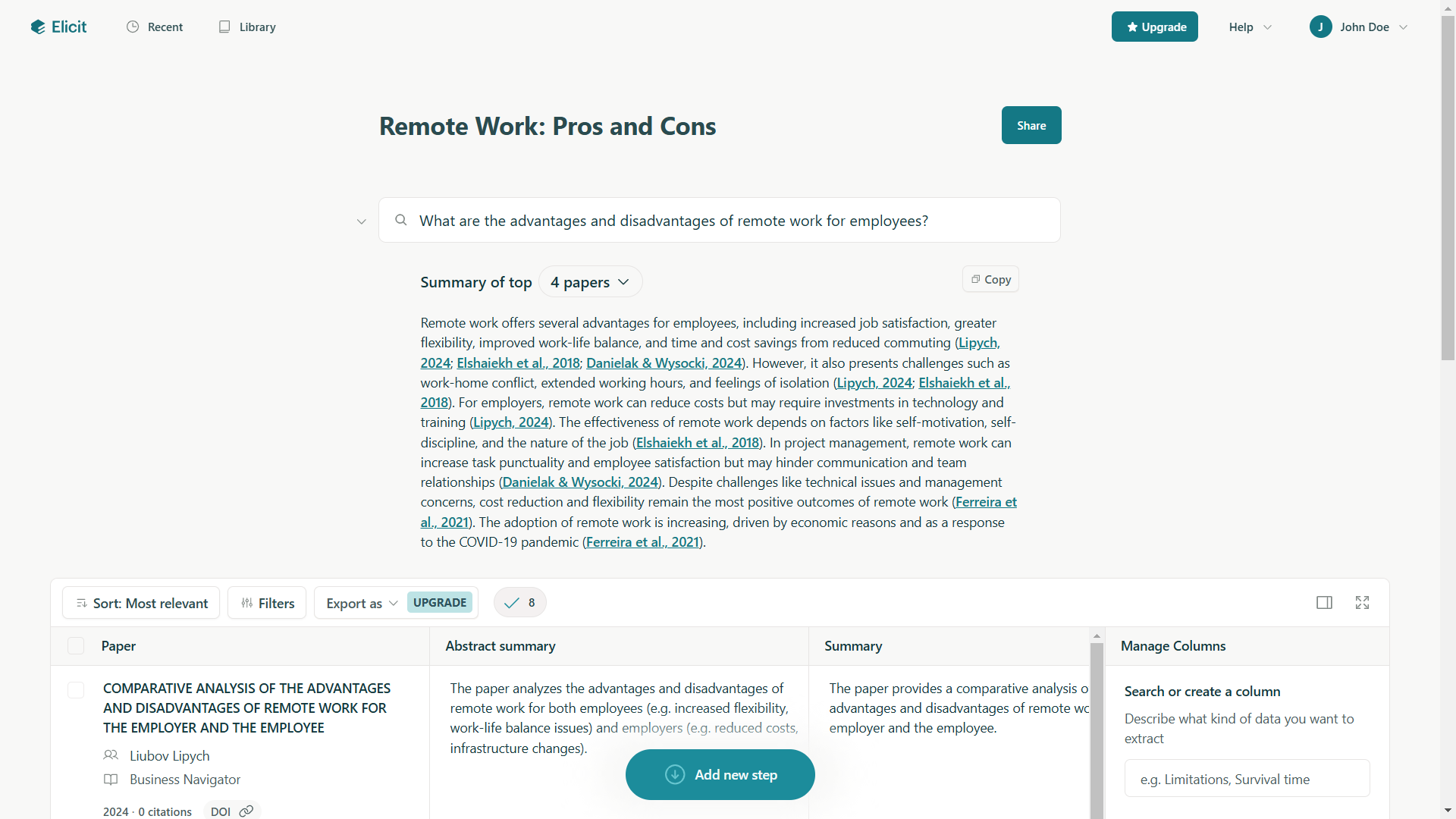
Key Features
- Natural language search
- Concepts feature for understanding connections
- Evidence-based decision support
Limitations:
- No dedicated AI search feature
- English-only interface
- No way to verify if papers are peer-reviewed
- Search results don't include citation metrics
Making the Switch from Google Scholar
Transitioning to a new research tool doesn't have to be difficult. Here's why Paperguide makes the switch easy:
- Uses semantic search instead of traditional keyword matching
- Familiar interface with advanced capabilities
- Comprehensive training resources
- Dedicated support team
- No learning curve for basic features
Conclusion
While Google Scholar remains a useful basic tool, modern research demands more sophisticated solutions. Paperguide emerges as the leading alternative, offering advanced AI capabilities, comprehensive features, and seamless integration with existing workflows. Whether you're conducting literature reviews, writing papers, or managing references, Paperguide provides the tools you need to work more efficiently.
Ready to upgrade your research workflow? Try Paperguide today and experience the future of academic research.
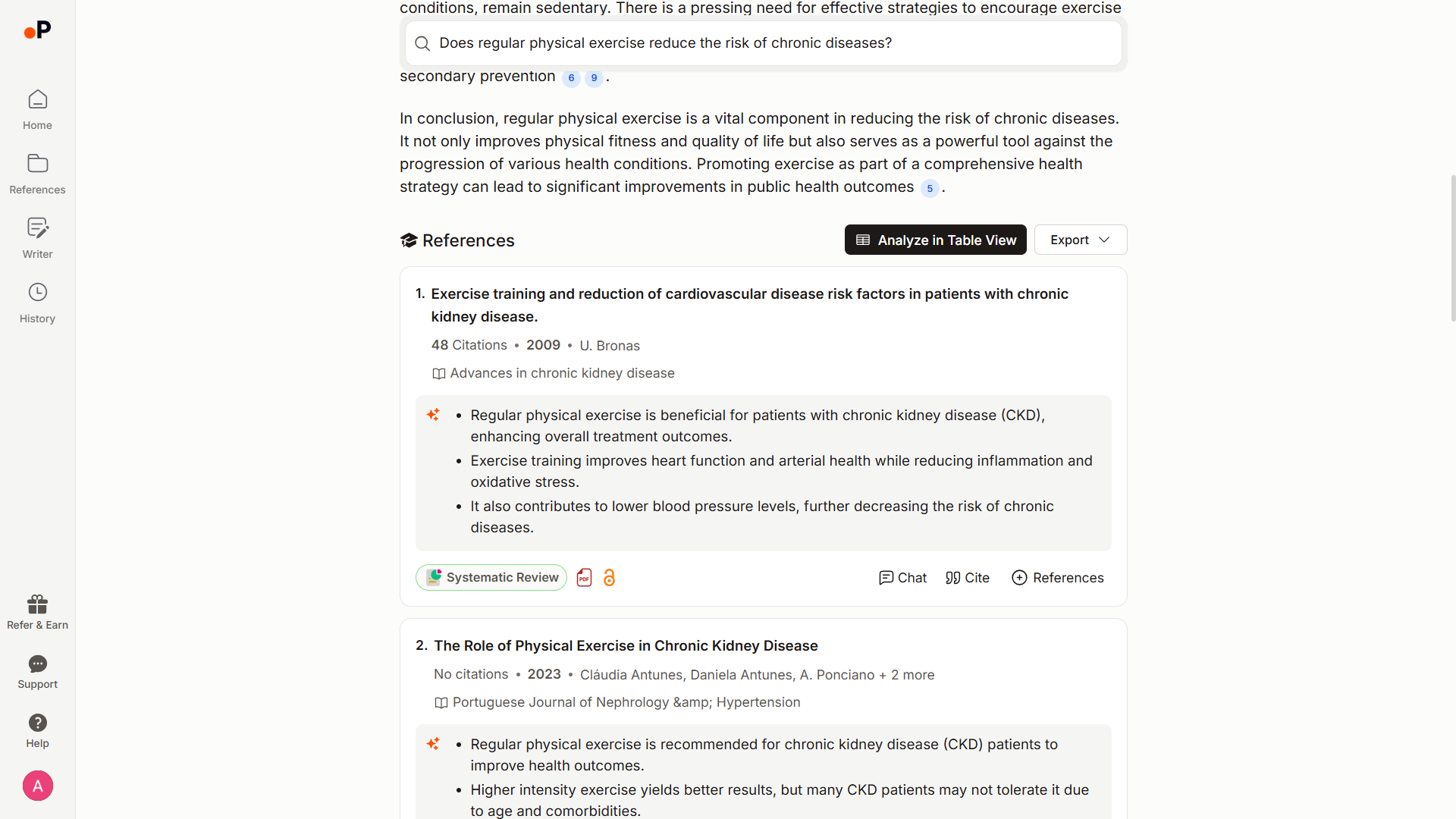
Frequently Asked Questions
Q1: Is Google Scholar still relevant for research in 2026?
A1: While Google Scholar remains useful for basic searches, modern research tools offer more advanced features that can save time and improve research quality.
Q2: Can I import my Google Scholar library to other tools?
A2: Yes, tools like Paperguide offer direct import of Google Scholar libraries, making the transition smooth and efficient.
Q3: Which Google Scholar alternative is best for systematic reviews?
A3: Paperguide and SciSpace both offer robust systematic review tools, with Paperguide providing additional AI-powered features for more efficient analysis.
Q4: Are Google Scholar alternatives worth the investment?
A4: Yes, the time saved and improved research quality typically justify the investment in advanced research tools, especially for serious academics and researchers.
Q5: Can I use multiple research tools together?
A5: Yes, many researchers use a combination of tools. However, all-in-one solutions like Paperguide can reduce the need for multiple tools.
Q6: Which is the best alternative to Google Scholar in 2026?
A6: Paperguide is the best alternative to Google Scholar in 2026 due to its AI-powered semantic search, comprehensive research answers, real-time collaboration, and advanced reference management, offering a more efficient and powerful solution than Google Scholar.



